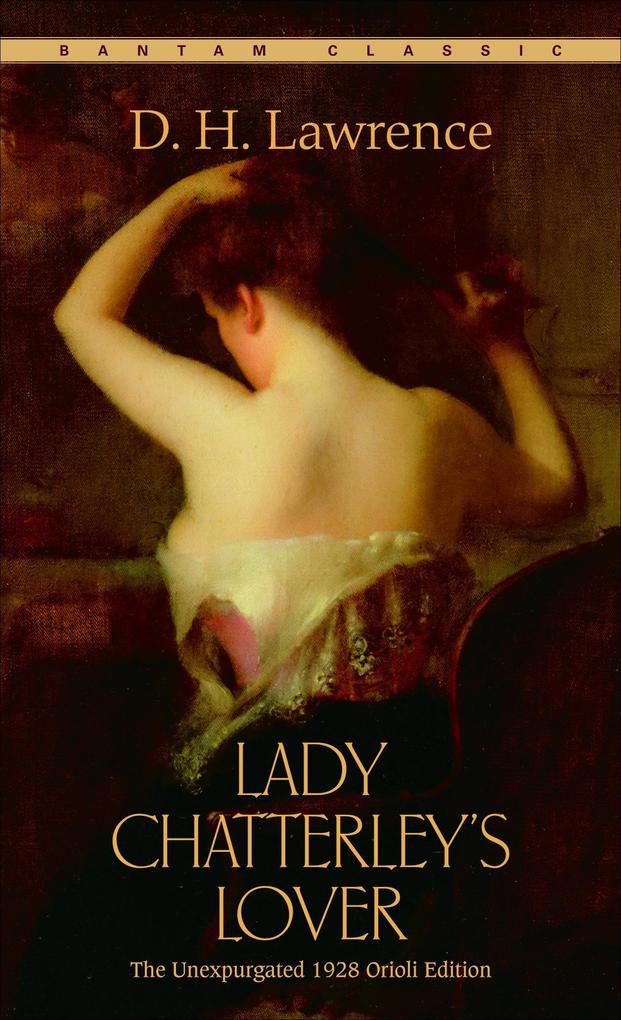
Zustellung: Di, 11.03. - Sa, 15.03.
Versand in 2 Wochen
VersandkostenfreiBestellen & in Filiale abholen:
Lyric and sensual, D.H. Lawrence's last novel is one of the major works of fiction of the twentieth century. Filled with scenes of intimate beauty, explores the emotions of a lonely woman trapped in a sterile marriage and her growing love for the robust gamekeeper of her husband's estate. The most controversial of Lawrence's books, Lady Chatterly's Lover joyously affirms the author's vision of individual regeneration through sexual love. The book's power, complexity, and psychological intricacy make this a completely original work-a triumph of passion, an erotic celebration of life.
Mehr aus dieser Reihe
Produktdetails
Erscheinungsdatum
01. November 1983
Sprache
englisch
Auflage
1928th edition
Seitenanzahl
400
Reihe
Word Cloud Classics
Autor/Autorin
D H Lawrence
Verlag/Hersteller
Produktart
kartoniert
Gewicht
237 g
Größe (L/B/H)
176/108/25 mm
ISBN
9780553212624
Entdecken Sie mehr
Pressestimmen
"Nobody concerned with the novel in our century can afford not to read it." -Lawrence Durrell
Bewertungen
LovelyBooks-Bewertung am 20.10.2021
Ein süßer Liebesroman. In heutiger Zeit wahrscheinlich weniger skandalös.

































